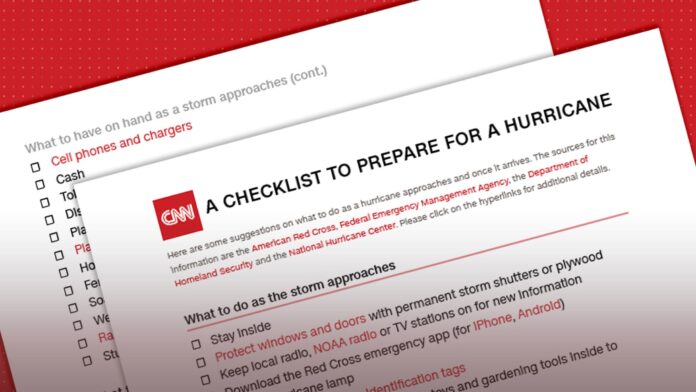The increase in the occurrence and severity of hurricanes has seen the National Oceanic and Atmospheric Administration (NOAA) upgrade its definition of an average hurricane season. Intense hurricanes are deadly, causing the loss of many lives and businesses.
Fortunately, hurricane season forecasting keeps individuals and businesses in vulnerable locations in the light, enabling them to prepare. Preparation helps reduce business losses, maintain continuity, and protect individuals. Well-thought preparation will give your employees and families peace of mind and make the season more manageable.
The Federal Emergency Management Agency (FEMA) revealed that 40% of small businesses permanently close immediately after natural disasters, with 25% closing within a year. Your business does not have to be a statistic. Here is a comprehensive checklist for preparing for a hurricane.
Get A Business Flood Insurance
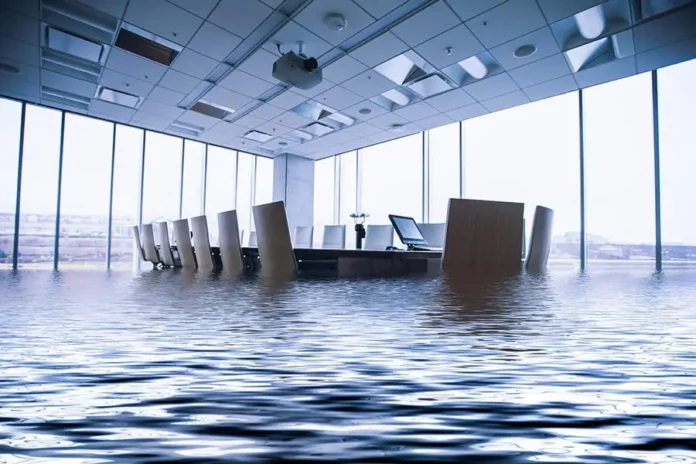
As a small business owner, protecting your assets through flood insurance is vital for your business continuity after the hurricane. While you already have your business covered as part of the statutory requirements, reviewing your insurance a few months before the hurricane is important to see what losses it covers, as not every policy automatically covers hurricane damages. You can also ask a public adjuster to scrutinize your documents before your time to file a claim to ensure you are well covered.
If your insurer lacks flood insurance, contact the National Flood Insurance Program (NFIP) for coverage. On average, according to NFIP. you should pay an average of $700 for a flood insurance policy.
Have An Evacuation Plan For Small Businesses
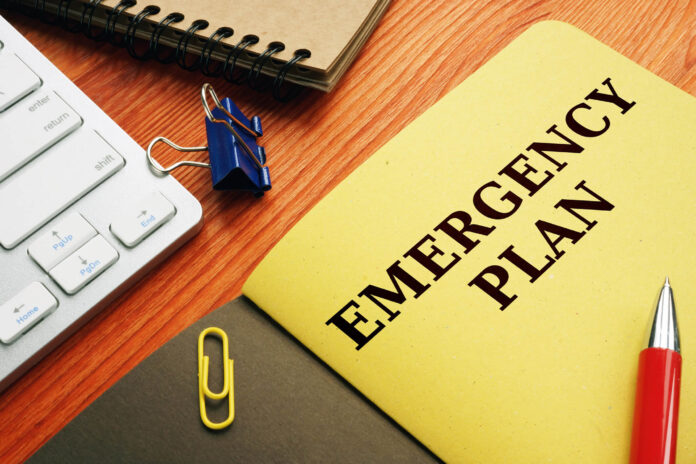
Having an emergency evacuation route and exit is important but not enough if you do not have a plan. The Occupational Safety and Health Administration (OSHA), in a bid to protect everyone, recommends including the conditions to activate your plan. Your employees should feel prepared for the expectations and comfortable implementing these plans. Hence, take time to create awareness, train your employees, and allow them to practice through mock drills.
Training And Awareness
As a small business owner, you can discuss with your team to inform them of your plans for the hurricane response and review the response instructions. Confirm that everyone understands the chain of command, roles and responsibilities, evacuation procedures, routes, exits, and the procedures for accounting for customers, employees, and visitors. Educating your team on the local community’s warning signals, emergency plans, and shelters is vital, as these could be great safety grounds.
Schedule Mock Drills
Planning a mock drill with your emergency management team will help everyone be comfortable with their roles and remain calm even in a real emergency. You should avail a copy of your emergency response plan, allow your team to ask questions, and set practical strategies of what-if scenarios to enhance your team’s confidence in case of odd situations.
Protect Your Property
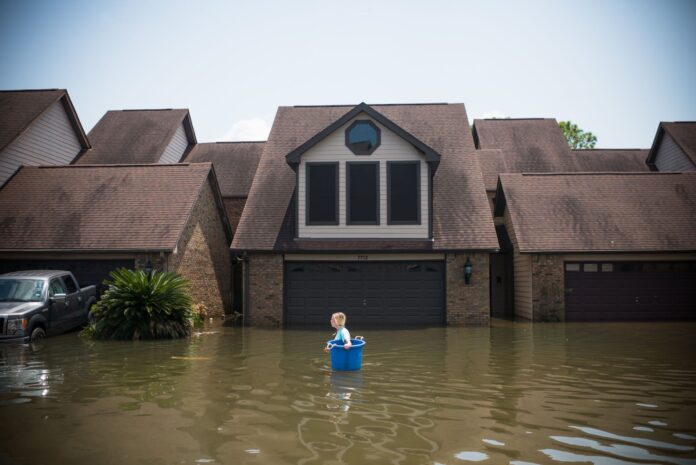
Good hurricane preparation should incorporate a property protection plan. You can have your property inspected before the hurricane season to determine the condition of your roofing system and identify potential weaknesses that could easily succumb to the hurricane. After inspection, make minor repairs to ensure your business is ready to survive the storm.
Hurricanes can also fling debris and tree limbs into your structure, damaging your windows and doors. You can limit this damage by boarding your windows and doors.
Where floods accompany hurricanes, small businesses should elevate their equipment and inventory from the ground. Depending on the available space, you can install a rack to place valuable items or use inexpensive kits. Stacking sandbags around your business will also help in blocking moderate floods.
Secure Your Documents
If the hurricanes tear sections of your business’ roofs, documents will soak in the water. Therefore, a company should secure its legal documents, tax records, and financial documents in a waterproof safe ahead of the hurricane.
You can also make certified copies of your documents that you can easily carry during an evacuation. Hardcopy documents are vital as there can be a power and internet outage for weeks after the hurricane. Still, you can consider a digital backup, but you should adequately secure your systems to prevent hacker access.
Take Photos Of Your Inventory
Small businesses in areas prone to hurricanes should keep a running inventory of their assets. In the event of a storm and you file a claim, you must provide a list of destroyed items. The faster you refurbish your business after the storm, the earlier you can return to business.
To create your business inventory, go to each department and add the items to a spreadsheet. Taking photos of your small business’ inventory is also an excellent way to capture your physical stock for a more accurate appraisal. The faster you can refurbish your business after the storm, the earlier you can bounce back.
Have A Survival Or Relief Kit
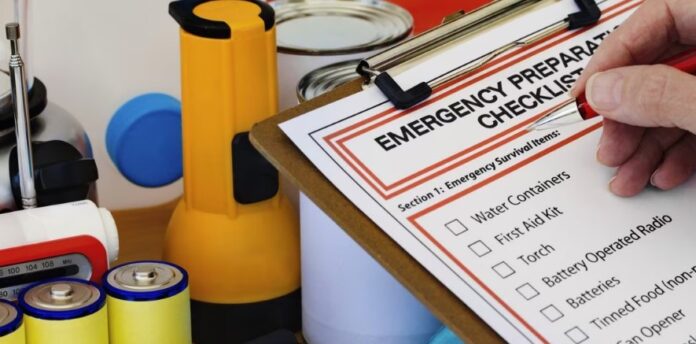
While we all hope to evacuate the premises in the event of a hurricane, this may sometimes be challenging, necessitating a survival kit. A survival kit will protect your employees should the disaster strike without notice or during working hours. A survival kit should contain the following items:
- Battery-operated TV or radio
- Extra batteries
- Flashlights
- Electric generator
- Tool kit with essential tools and gloves
- Whistle or signal flare
- Emergency contact information of the nearest police station or hospital
- Duct tape, plastic bags, and tarps
- Nonperishable food supplies and water supply to last at least three days
- Gas for generators, vehicles, and other equipment
- Manual car opener
- First aid kit and a first aid manual
- Blankets and pillows
- Cell phone charger
- Backup cell phone battery
- Smoke alarms and fire extinguishers
- Cleaning supplies, including towels, mops, and garbage cans
Help Your Small Business Recover Faster After A Hurricane
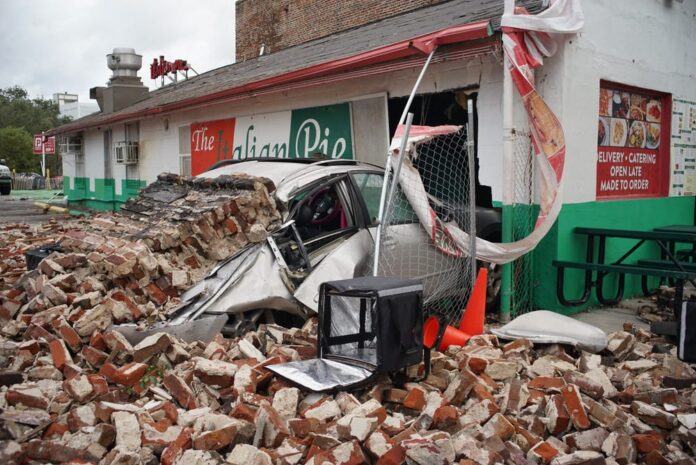
Hurricanes, depending on their strength, will cause significant damage to your business no matter the measures you take. However, with proper preparation, you can limit your losses, keep your employees safe, and bounce back faster.
After the hurricane passes, you should get your business back to normal operations with minimal effort. However, if your business damages were extensive, leave the setup to trained professionals.
